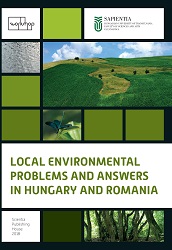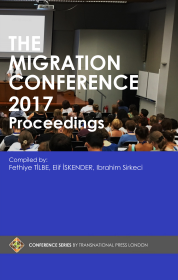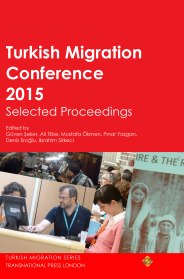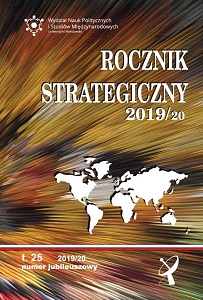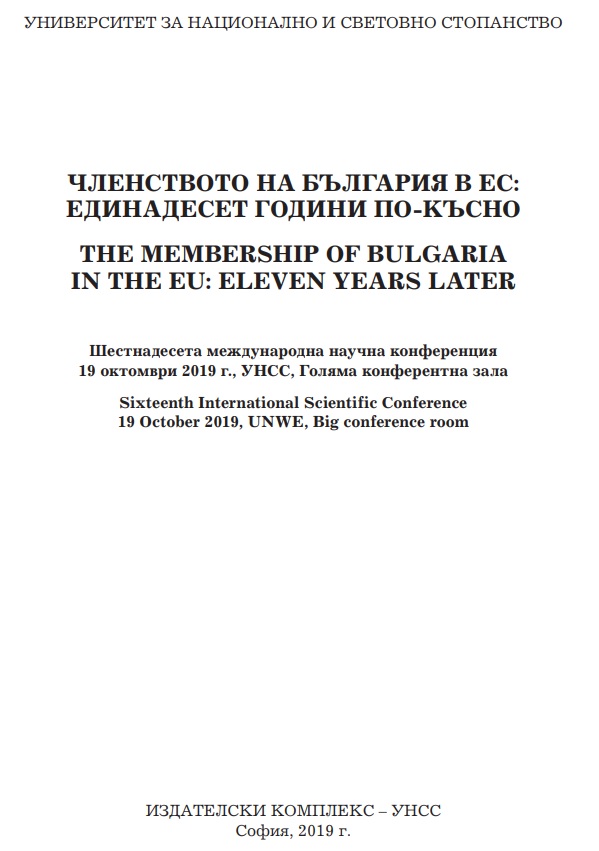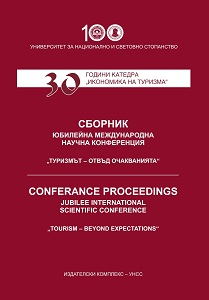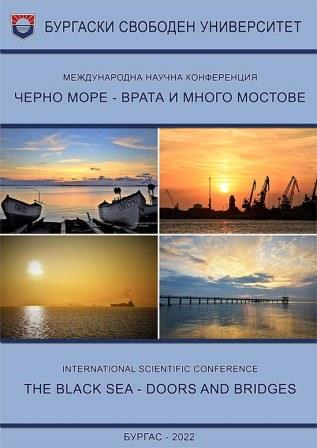Author(s): Levent Yaylagül,Nilüfer Korkmaz-Yaylagül / Language(s): English
Publication Year: 0
Labour migration from Turkey to European Countries has started with bilateral international agreements signed between Turkey and European Countries around the 1960's. The oil crisis at 1973 decreased the demand for migrant worker resulting with an illegal migration wave to European countries. Those emergent social developments have influenced the Turkish cinema and some films about illegal immigration were shooted at that period. The film "the Bus" directed by Tunç Okan is one of the first examples of this category about first generation illegal immigrants. Another film "the Island of Hope", shooted after 30 years, at 2007 by Mustafa Kara subjected about illegal immigration concerning third generation illegal immigrants. Those two films were evaluated using qualitative content analysis technic in the context of the question of how first and third generation illegal immigrants are represented in Turkish cinema. Graphic image and dialogues were used as analysis unit. The contents of the two films were analysed within the framework of questions such; personal details, expectations, the country of immigration, the ways of immigration, the problems faced by immigrants, the realisation of the expectations, and the final status. First generation immigrants represented in the film "the Bus" are male with rural backgrounds, muslims with sunni sect, unskilled agricultural worker and their immigration incentive is economic. At the film "the Island of Hope" not only men, instead women, couples and even pregnant women were among the illegal immigrants. The main incentive of immigration is also economic, but the immigrants are not only the illiterate and the unskilled worker. For the first-generation immigrants, the image of Europe is expressed negatively such as; death, unemployement, deportation, being victims of sexual abuse, nostalgia and fear. For the third-generation immigrants however, even they experience similar problems and disappointment, Europe is represented such a home for the survivors, who could find a job and could realize their dreams. In both films, the loser was facing endings such death, alcohol, drug addiction and prostitution. To be deported to Turkey was one of the most prevalent options for the illegal immigrants.
More...
